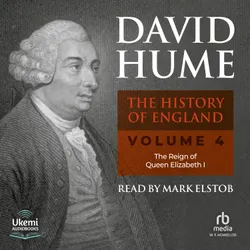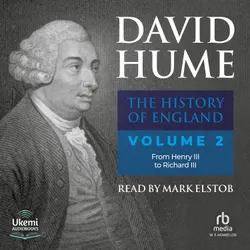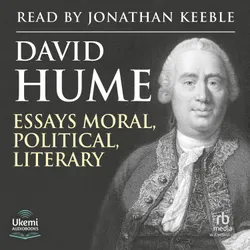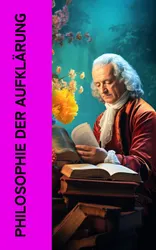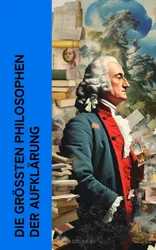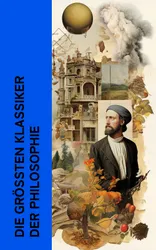A Treatise of Human Nature by David Hume is considered by many to be his most important work and one of the most influential works in the history of philosophy. The Treatise is a classic statement of philosophical empiricism, skepticism, and naturalism. In the introduction Hume presents the idea of placing all science and philosophy on a novel foundation: namely, an empirical investigation into human nature. Contemporary philosophers have written of Hume that "no man has influenced the history of philosophy to a deeper or more disturbing degree" and that Hume's Treatise is "the founding document of cognitive science" and the "most important philosophical work written in English."
Contents:
Of the Understanding
Of Ideas, Their Origin, Composition, Connexion, Abstraction, Etc.
Of the Ideas of Space and Time.
Of Knowledge and Probability.
Of the Sceptical and Other Systems of Philosophy.
Of the Passions
Of Pride and Humility
Of Love and Hatred
Of the Will and Direct Passions
Of Morals
Of Virtue and Vice in General
Of Justice and Injustice
Of the Other Virtues and Vices

